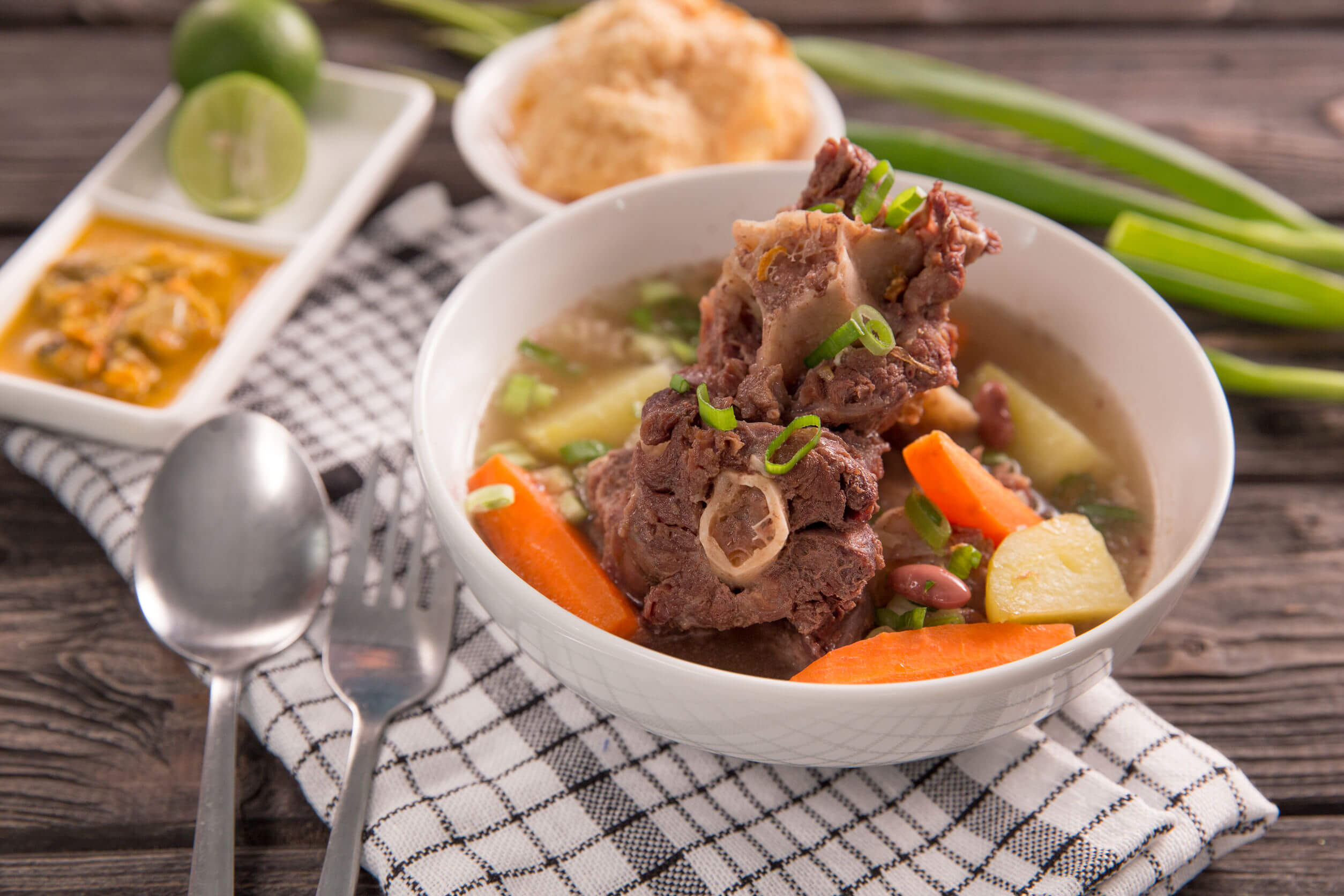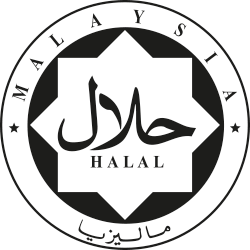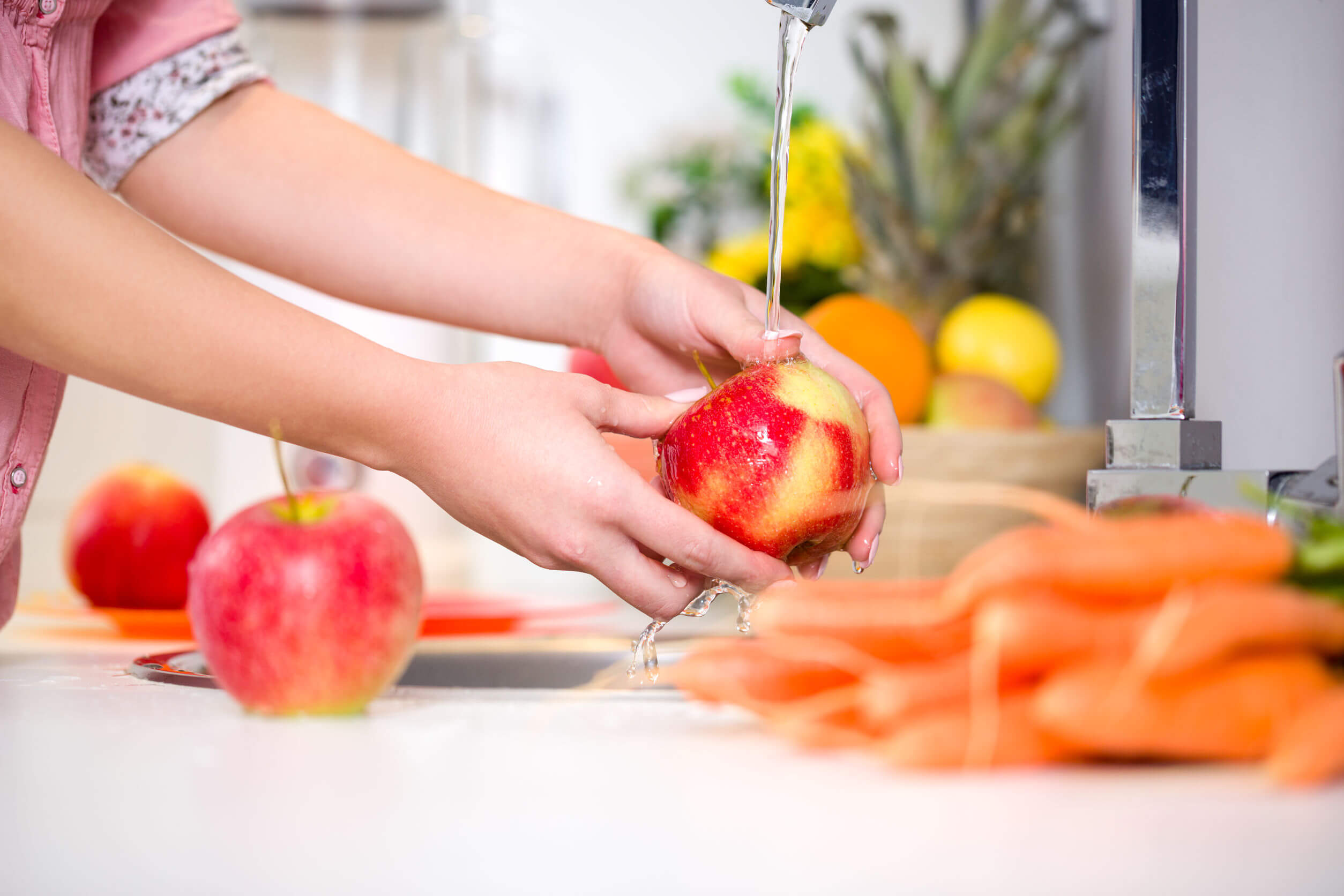As consumers, how do we know whether the food we select is suitable, of good quality and safe for human consumption? This is where standards in the F&B sector comes steps in. Standards help ensure that safety requirements are met and implemented accordingly, thus easing our worries.

Standards on food and beverages are widely used by the industries voluntarily, such as in testing and certification purposes, due to the requirements by vendors and buyers. Furthermore, standards are used to ensure the products are processed and manufactured in a safe and hygienic condition.
Assuring Consumers of Food Quality
Compliance to standards through certification can be used as a marketing tool to enhance customers’ confidence in the products and assure the consumer that the products are of quality, safe and free from hazards. The Food Safety and Quality Division, the Ministry of Health is responsible to ensure that food processing activities are managed according to the required hygiene and safety requirements.
All food products marketed in Malaysia are subjected to the requirements of the Malaysian Food Act 1983 and Malaysian Food Regulations 1985, which prescribed requirements for food. At the international level, Malaysia is actively involved in Codex Alimentarius Commission (CODEX), an intergovernmental organisation under UN’s Food and Agriculture Organization (FAO) and the World Health Organization (WHO). These bodies are responsible for the development of International Food Standards.
Malaysia has been a member of CODEX since 1971, where the Standards and Industrial Research Institute of Malaysia (SIRIM) at that time, was the National CODEX contact point before the function was transferred to the Ministry of Health in 1996. In addition, Malaysia is also involved in ISO technical committees related to food since the 1990s.

Malaysian-made food carrying the halal logo is gaining popularity in the Middle East.
“Compliance to standards through certification can be used as a marketing tool to enhance customers’ confidence in the products and assure the consumer that the products are of quality, safe and free from hazards.”
In the Department of Standards Malaysia, the Malaysian Standard development for F&B sector is under the purview of Industrial Sector Committee (ISC) on Food, Food Products and Food Safety (ISC U). The scope of ISC U is “standardisation in the field of food, food products and food safety”.
Standards and Certifications
As of November 20161, there are 24 technical committees and working groups established by ISC U covering various subjects. Over the years, the number of standards published has gradually increased. Currently, a total of 451 standards have been developed and published for the sector. Most of them are standards which have been developed for specific products and of indigenous type. Only about 25% of the standards are total adoption of international standards, i.e ISO Standards and these are mainly standards on test methods.
Besides product standards, there are a number of prominent horizontal standards that are commonly used for food and beverage industry which include:
Control Point (HACCP);
Storage - General Guidelines;
Standards ensure food preparation and handling is safe and meet all hygiene requirements.
A total of 68.4% of MS-related to food and beverages are recorded as saleable standards, and this is among the highest figure of saleable MS in comparison to other sectors. MS 1514 on GMP and MS 1480 on HACCP were the top two highest sold MS within the ISCs for three consecutive years (2009-2011).
For export purposes, usually, industries need to demonstrate compliance with standards related to food safety. Although HACCP is not mandatory, it is recognised as a tool to control potential hazards in food preparation. The preventive approach of HACCP not only improves food safety management but also 1 Source – SIRIM Berhad complements other quality management systems.
This has encouraged industries to apply for HACCP certification as this is highly sought after by purchasers. The Ministry of Health Malaysia has officially launched HACCP Certification Scheme in 2001 with the objective to grant official recognition to food premises that managed to adopt and maintain a HACCP system for food products themselves. Standards Malaysia has also accredited four certification bodies that offer HACCP certification programme to assist the industries in obtaining certificates.
Malaysian food culture is best experienced at night bazaars, where a wide range of selections and tastes are available.
Malaysia, as the Global Halal Hub
As more than half the Malaysian population are Muslims, the demand for halal foods has increased over the years. The awareness and observance of halal have been highest within food and beverage, making halal compliance in this area to be of great importance. It is also interesting to note that Malaysian-made food, especially those carrying the halal logo, is gaining huge popularity in the overseas market, especially in the middle-east.
“ The awareness and observance of halal have been highest within food and beverage, making halal compliance in this area to be of great importance.”

Halal certification label for halal food
The food sector makes up over 60% of the global market for halal products. This includes primary meat, processed goods, bakery food and confectionary, with processed goods contributing around 35% of the total. With the increase in global halal trade, many countries are taking initiatives to capitalise on the growth potential. Malaysia, as a Muslim country, is well-positioned to be the centre for the promotion, distribution and production of Halal food. Throughout the industry, halal requirements must be complied with at all stages of the production and supply chain, including procurement of raw materials and ingredients, logistics and transportation, packaging and labelling.
JAKIM (Jabatan Kemajuan Islam Malaysia) is responsible for the issuance of halal certificate to the industry in Malaysia whereby MS 1500 on Halal food – Production, preparation, handling and storage – general guidelines, is used as a basis for this purpose. MS 1500 provides practical guidance for the food industry on the preparation and handling of halal food (including nutrient supplements) and to serve as a basic requirement for halal food product and food trade or business in Malaysia.
This standard is also used to support the government’s initiatives to promote Malaysia to become a Global Halal Hub for food and to be in the forefront of marketing, certification and reference for halal food products. MS 1500 covers various aspects that are necessary for food production including GMP and HACCP which make it a comprehensive standard to be used by food manufacturers.




